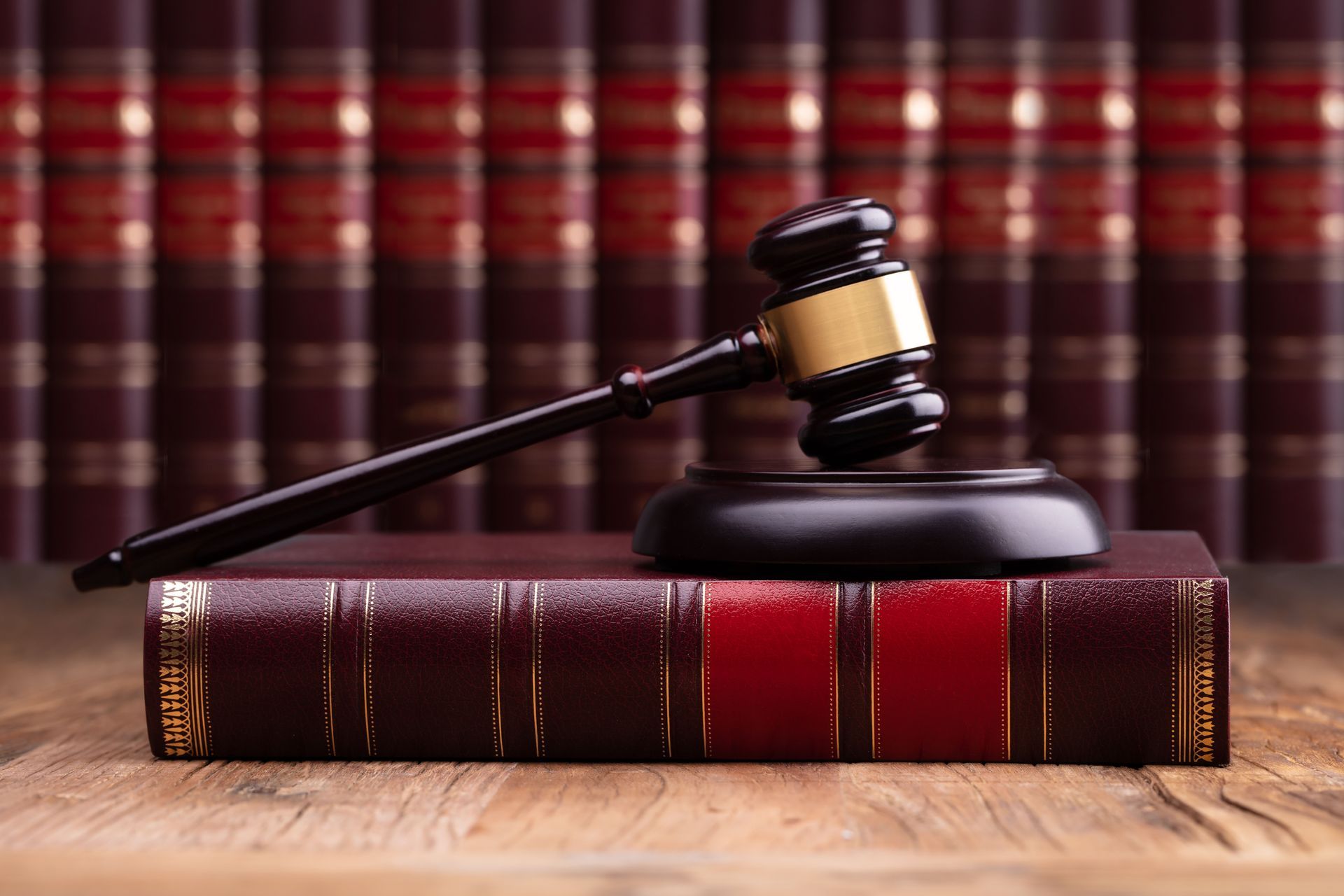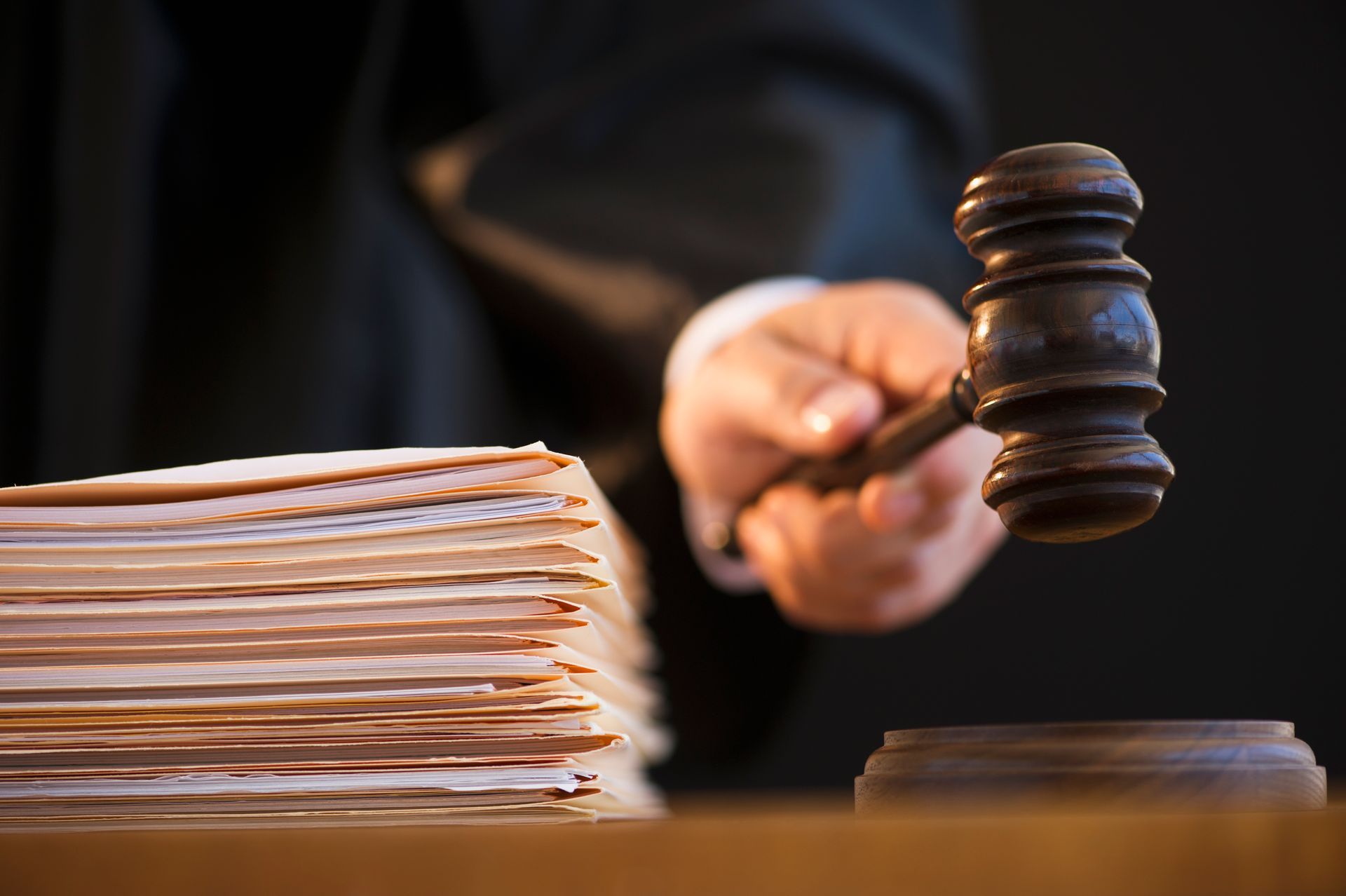By Michael J. Rogers, P.C. |November 21, 2025
November 21, 2025
Highlights:
- Key distinctions between juvenile and adult court in Cleburne, TX
- Legal protections unique to minors
- Typical procedures for juvenile cases
- Role of a Cleburne, TX attorney that handles juvenile cases confidentially
- Frequently asked questions and fun facts about juvenile court
- How Michael J. Rogers, P.C. supports minors through legal challenges
Facing the legal system can be overwhelming, especially for minors and their families. In Cleburne, Texas, juvenile court is structured differently than adult criminal court, with a greater focus on rehabilitation and guidance. Minors are treated as individuals who can learn from their mistakes rather than purely as offenders. Working with a skilled Cleburne, TX attorney that handles juvenile cases confidentially helps families navigate complex laws, understand their options, and make informed decisions. At Michael J. Rogers, P.C., we assist Cleburne residents in protecting minors’ rights while promoting positive outcomes that can shape their future. Early intervention and guidance often reduce the long-term consequences that adult criminal charges may carry.
Key Differences Between Juvenile and Adult Courts
Juvenile courts emphasize correction and growth, whereas adult courts primarily focus on punishment. Some distinctions are straightforward, but others are subtle yet critical:
- Confidentiality: Juvenile hearings are typically closed to protect a minor’s privacy, ensuring that their record doesn’t impact future education or employment.
- Sentencing: Instead of incarceration, juveniles may participate in educational programs, counseling, or community service.
- Terminology: Minors are adjudicated delinquent rather than convicted, reflecting the rehabilitative focus.
- Legal Representation: A Cleburne, TX attorney that handles juvenile cases confidentially ensures a minor’s legal rights are fully respected and can advocate for diversion programs.
According to the American Bar Association, the juvenile system emphasizes rehabilitation, education, and social reintegration, which differentiates it from adult criminal proceedings. These distinctions often make juvenile proceedings less intimidating for families while maintaining accountability.
Juvenile Court Procedures
Juvenile cases follow specialized procedures designed to balance accountability and support:
- Intake Process: Law enforcement, schools, or parents may refer juveniles after alleged misconduct. The intake officer evaluates the situation and may recommend diversion or formal court proceedings.
- Detention Hearings: Judges decide whether a minor should remain in custody or return home while awaiting adjudication. The focus is on safety and stability, not punishment.
- Adjudication: This hearing determines whether the minor committed the offense. The process is less adversarial than adult trials and often emphasizes rehabilitation.
- Disposition: Rather than a traditional sentence, the court can issue probation, require counseling, or assign educational programs.
Having a Cleburne, TX attorney that handles juvenile cases confidentially is critical, as they can explain court procedures in detail, negotiate favorable outcomes, and help the minor understand legal obligations while minimizing long-term consequences.
FAQ Section 1
Can juvenile records be sealed in Texas?
Yes. Most juvenile records can be sealed, meaning they are not accessible to the public and have limited impact on the minor’s future.
At what age can someone be tried as an adult in Texas?
Minors 17 and older may be tried as adults for serious offenses. Judges also have discretion to transfer younger juveniles in specific circumstances.
Are parents responsible for juvenile offenses in Texas?
Parents may be financially liable for court costs or damages, but they are generally not criminally responsible for their child’s actions.
Legal Protections for Minors
Juveniles enjoy protections that shield them from the full consequences of adult court:
- Privacy: Case files are usually confidential, protecting minors from public scrutiny.
- Different Standards of Evidence: The focus is on rehabilitation, education, and understanding the minor’s circumstances rather than solely proving guilt.
- Access to Services: Courts can mandate counseling, mentorship programs, and educational support to address underlying behavioral issues.
According to the
Bureau of Labor Statistics, lawyers who specialize in juvenile law provide essential guidance, helping minors understand their rights and ensuring the legal process supports positive outcomes. Effective legal representation can drastically improve a minor’s experience in court.
Did You Know?
- Juvenile courts in Texas have been operating for over a century, emphasizing rehabilitation since their inception.
- Many judges specialize exclusively in juvenile cases to provide expertise and consistency in rulings..
- Juvenile courts often incorporate restorative justice programs to repair harm and rebuild community relationships.
Confidentiality and Its Importance
Protecting a minor’s identity is a cornerstone of juvenile court. Confidentiality safeguards:
- Limited access to case files for employers or educational institutions
- Media restrictions preventing publication of names or personal information
- Eligibility for record sealing and expungement after successful completion of programs
A Cleburne, TX attorney that handles juvenile cases confidentially can guide families through these procedures, helping ensure that a minor’s past mistakes do not define their future. Confidential representation also allows minors to fully engage in rehabilitative programs without fear of public exposure.
Rehabilitation Over Punishment
Juvenile courts emphasize corrective measures rather than incarceration:
- Community service and restitution programs to teach responsibility
- Counseling or therapy to address behavioral, emotional, or substance abuse issues
- Educational support to maintain academic progress
- Mentorship and skill-building programs to foster personal growth
According to
Clio, law firms increasingly focus on client outcomes and specialization, including juvenile defense, highlighting the importance of tailored legal support. This approach ensures that minors have opportunities for success beyond the courtroom.
FAQ Section 2
Can a juvenile be tried as an adult for theft?
Yes, serious offenses may result in transfer to adult court, depending on the circumstances and judicial discretion.
How long do juvenile records remain confidential?
Records can typically be sealed once rehabilitation is completed, preventing public access.
Do minors have the right to legal counsel in Texas?
Absolutely. An experienced Cleburne, TX attorney that handles juvenile cases confidentially ensures that minors’ rights are protected and provides representation throughout the legal process.
Role of a Juvenile Defense Attorney
A skilled juvenile defense attorney helps families navigate complex legal systems:
- Explains every step of the process to minors and parents
- Negotiates diversion programs, probation, or alternative sentencing
- Advocates for rehabilitative measures tailored to the minor’s needs
- Supports families in making informed decisions that protect the child’s future
Michael J. Rogers, P.C., located in Cleburne, TX, works closely with families to provide compassionate guidance, balancing legal defense with rehabilitative opportunities. Early involvement from a qualified attorney can prevent long-term legal consequences and encourage positive personal growth.
Comparing Adult and Juvenile Court Outcomes
The outcomes of adult and juvenile courts differ significantly:
- Adult courts focus on fines, incarceration, and permanent criminal records
- Juvenile courts emphasize rehabilitation programs, educational support, and counseling
- Juvenile adjudication often allows for record sealing, preventing lifelong consequences
A Cleburne, TX attorney that handles juvenile cases confidentially can provide strategies to minimize long-term effects, emphasizing rehabilitation and helping families understand the implications of court decisions.
Did You Know?
- Juvenile courts may use electronic monitoring instead of detention to support rehabilitation.
- Many minors successfully complete probation without permanent criminal records.
- Specialty legal representation improves both short-term and long-term outcomes.
Resources for Families
Families navigating juvenile court should consider:
- Consulting with experienced juvenile attorneys
- Accessing local counseling or mentorship programs
- Understanding the process of sealing or expunging juvenile records
- Collaborating with schools and social services to support the minor’s rehabilitation
A professional approach ensures that legal, educational, and personal needs are all addressed, giving minors the best chance for a positive outcome.
FAQ Section 3
Can a minor go to adult prison?
In rare cases, a transfer to adult court may result in adult incarceration.
Is juvenile probation different from adult probation?
Yes. Juvenile probation often includes more intensive monitoring, counseling, and support services.
How do I find a qualified juvenile defense attorney in Cleburne, TX?
Look for attorneys with experience in juvenile law who handle cases confidentially, like Michael J. Rogers, P.C., ensuring your child’s rights are fully protected.
Final Thoughts
Juvenile court in Cleburne, Texas, prioritizes rehabilitation while maintaining accountability. With the guidance of a Cleburne, TX attorney that handles juvenile cases confidentially, minors and families can navigate the system effectively. Michael J. Rogers, P.C. supports Cleburne residents by protecting minors’ rights and guiding them toward positive outcomes, ensuring that mistakes do not define their future.







